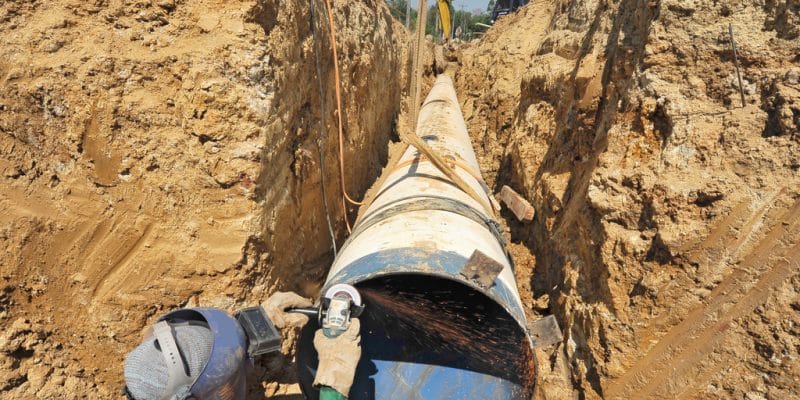The African Development Bank has decided to grant a loan of $124.2 million to Nigeria to finance urban water sector reform and the Akure project, which aims to improve water supply and sanitation services.
The Akure project is gradually taking shape in Nigeria. On Thursday, December 12, 2019, the Board of Directors of the African Development Bank (AfDB) approved a loan of US$ 124.2 million to finance this project, as well as a project to reform the urban water sector in the country. This amount was provided by the AfDB and the African Cooperation Fund, which provided, among other things, US$ 20 million (AGTF). The project will be carried out between 2020 and 2025.
The entire Akure project represents a budget of $222.69 million. AfDB financing will address the irregularities often observed in the water supply services of households in the beneficiary area. Akure is a Nigerian city, located in Ondo State, in southwest Nigeria.
All these investments, which will provide water and sanitation services to the 1.3 million people living in the municipality of Akure. For its part, the urban water reform will make it possible to intensify the implementation of the Wash plan (water, sanitation and hygiene) drawn up for the period 2018-2030, in particular through the establishment of a water and sanitation investment programme.
Improve Nigeria’s global sanitation position
According to the AfDB, sanitation services will be implemented for schools, hospitals and markets. A real need for this country or the lack of quality sanitation services has led to several deaths. This West African country, with a population of 191 million, has been ranked second in the world among the countries with the highest rates of open defecation, after India. Close to 47 million Nigerians defecate in the open and 100,000 children under the age of five die each year from unhealthy water consumption and a lack of sanitation services.
Luchelle Feukeng







